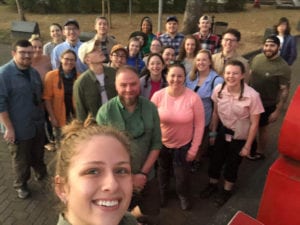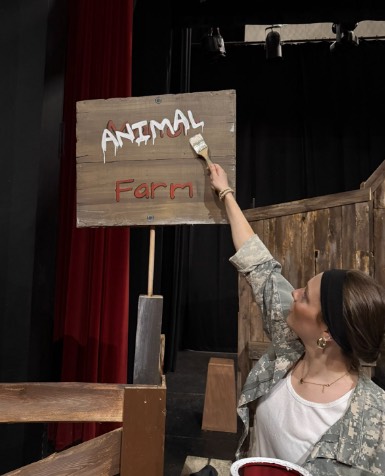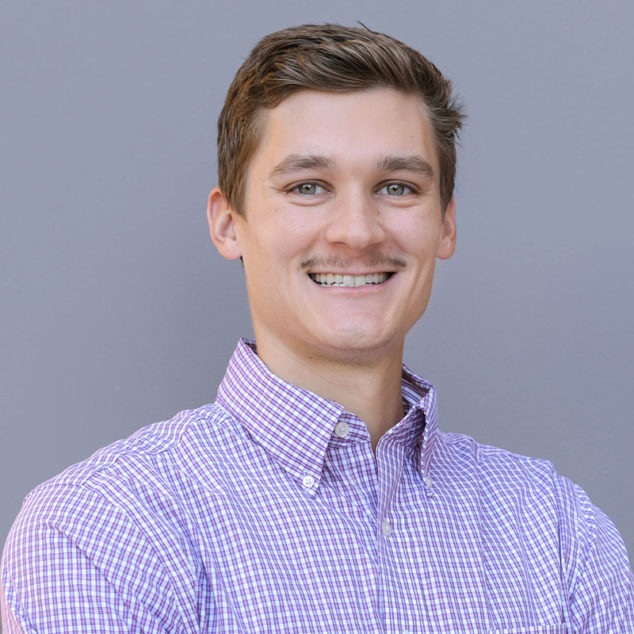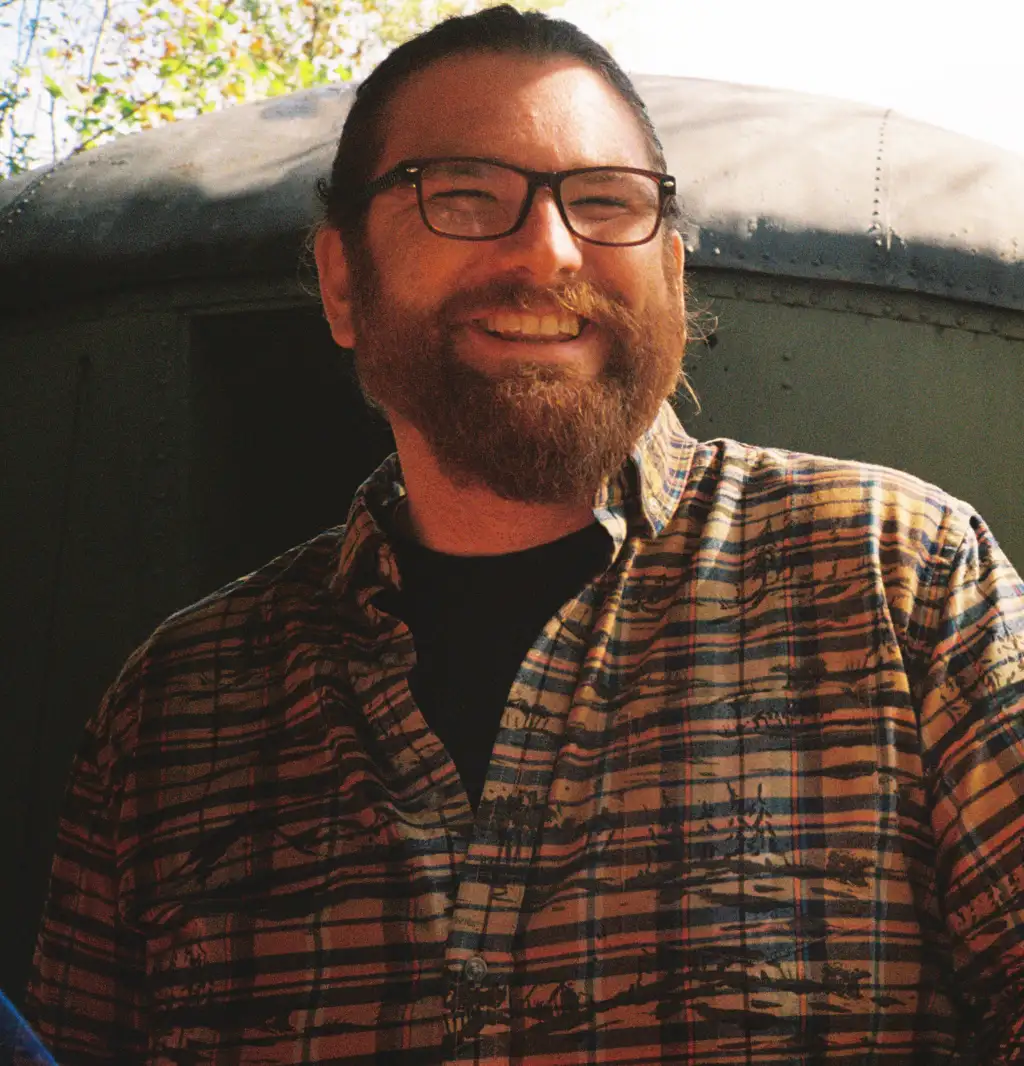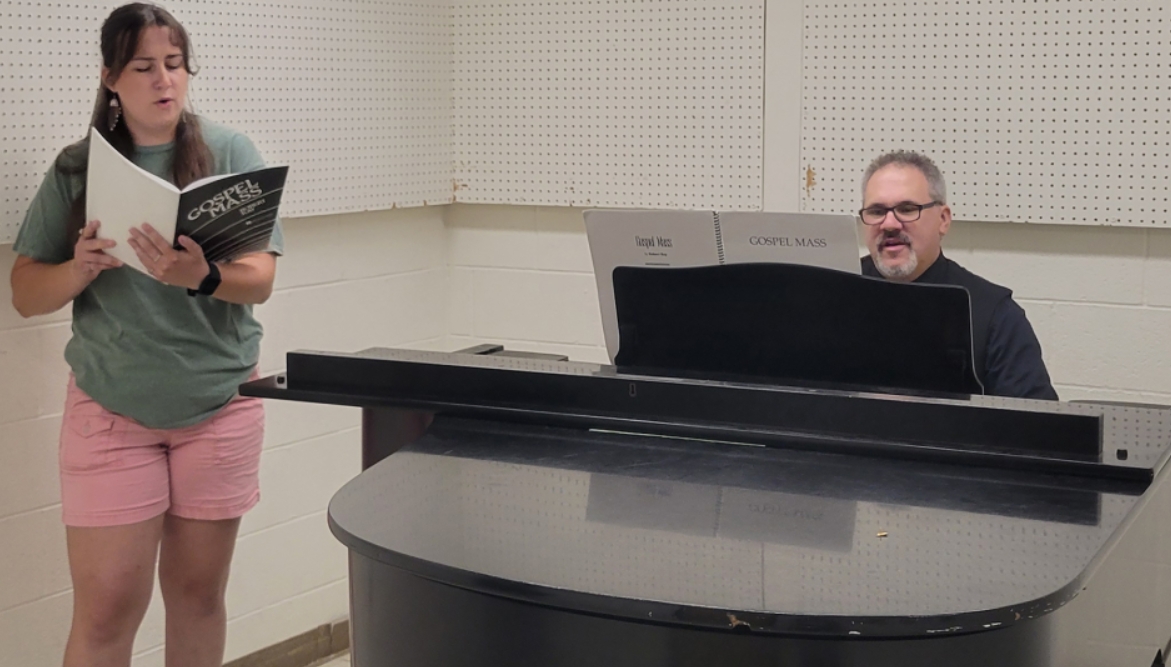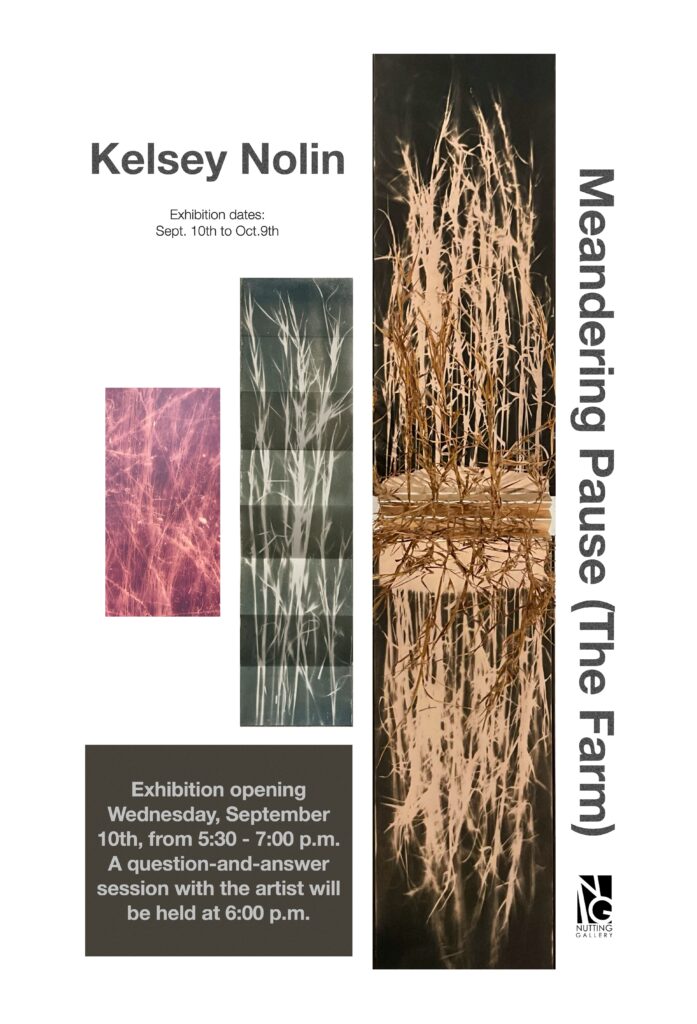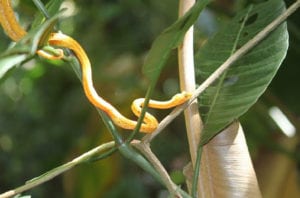 Over spring break, several students from the natural sciences department at West Liberty travelled to Costa Rica as part of a conservation program. The project, headed by Dr. Zachary Loughman, gave the students a practical, hands-on, educational experience that is difficult to achieve anywhere else in the world.
Over spring break, several students from the natural sciences department at West Liberty travelled to Costa Rica as part of a conservation program. The project, headed by Dr. Zachary Loughman, gave the students a practical, hands-on, educational experience that is difficult to achieve anywhere else in the world.
The excursion was highly anticipated by the students and faculty involved and it seemed to live up to, and even pass, their expectations. “It was a phenomenal experience,” said Loughman. “The students, faculty, and people we met there made it special.”
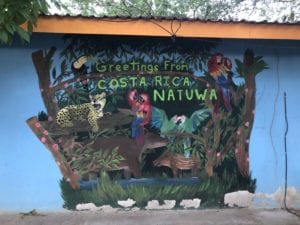 The group were able to engage in a number of conservation activities as part of the program including working at Natuwa, an animal sanctuary focused on rehabilitation. For the students involved in the Zoo Science program at West Liberty, this was a fantastic experience. “We were basically keepers and they didn’t sugarcoat anything,” said Loughman. The group had to be there for 6 a.m. every morning to prepare meals for the animals and worked long days providing care.
The group were able to engage in a number of conservation activities as part of the program including working at Natuwa, an animal sanctuary focused on rehabilitation. For the students involved in the Zoo Science program at West Liberty, this was a fantastic experience. “We were basically keepers and they didn’t sugarcoat anything,” said Loughman. The group had to be there for 6 a.m. every morning to prepare meals for the animals and worked long days providing care.
Working with the native Costa Rican species was a unique experience that can only be achieved by actually going out and participating. “With all the knowledge learned in previous classes, this trip was like lecture material coming to life,” said Carly Cunningham, a junior in the Ecology, Evolution, and Organismal Biology program. “I really loved how I was able to see the things I value most be focused on in the areas we were in.”
Bringing material learned at WLU to life was a large part of the program that the Natural Science department aspire to
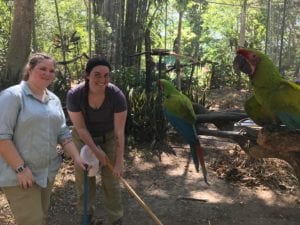
do again. Loughman commented on this saying, “The most valuable part of the experience was just soaking it all in. It’s very difficult to get across in a classroom setting that the most important people are the people that are passionate.”
Working at the sanctuary was a large part of the program, but the group also spent time on the Atlantic side of the country focusing on the conservation of sea turtles in the area. The group were unfortunate to not see any turtles, but they did get to see a whole host of other species.
“My personal goal was to see an eyelash viper – we didn’t just see one, we saw two! You can read about this stuff all you want, it’s just completely different actually seeing it,” said Loughman. Sharing that experience with students who all share the same passion was in his words, “a very, very special moment.”
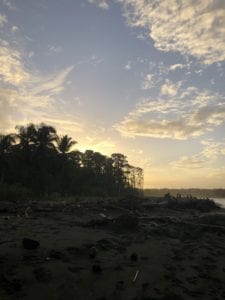 The group of students on the trip had to put in a lot of hard work working on the conservation sites whilst in Costa Rica, giving them a unique opportunity to practice the techniques and theories learned in classes. It is not easy work and it takes a lot of hard work and will-power to do properly. Both the WLU faculty, and staff members at the animal sanctuary commented on the determination, grit and passion of the West Liberty students with one member of staff at the sanctuary even saying that WLU was the best group of volunteers they had ever had – a huge compliment given the constant stream of groups they have coming in to help. Loughman commented “Watching us come together in the center… it takes grit, it takes teamwork. I have never been more proud of Zoo Science.”
The group of students on the trip had to put in a lot of hard work working on the conservation sites whilst in Costa Rica, giving them a unique opportunity to practice the techniques and theories learned in classes. It is not easy work and it takes a lot of hard work and will-power to do properly. Both the WLU faculty, and staff members at the animal sanctuary commented on the determination, grit and passion of the West Liberty students with one member of staff at the sanctuary even saying that WLU was the best group of volunteers they had ever had – a huge compliment given the constant stream of groups they have coming in to help. Loughman commented “Watching us come together in the center… it takes grit, it takes teamwork. I have never been more proud of Zoo Science.”
The authenticity of the experiences is part of what made the trip so useful for the students and faculty involved. “We got to go out with local Costa Ricans. My favorite part about the trip was that nothing was canned… This was without question the authentic experience of what it’s like to be a Costa Rican doing conservation,” said Loughman.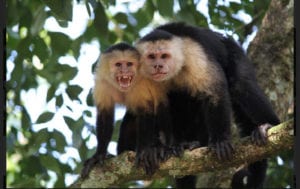
While the overall experience was incredible the team did face some difficulties as their time in Costa Rica corresponded with the surge of coronavirus cases worldwide. According to Loughman, for the first half of the trip the group were “living in a bubble” with limited internet access so the spread of the pandemic went largely unknown to them for around a week. When the group did regain contact to the rest of the world the potential seriousness of the situation set in. “We saw the Trump shut down the borders with Europe, the was the only real panic moment of the trip,”
All students and faculty took the precaution of self-quarantining for 14 days when they returned from Costa Rica in order to be on the safe side despite the number of Costa Rican cases being very low at the time.
Despite the spanner thrown in the works by COVID-19, the program was a huge success and allowed the students to gain extremely valuable experience and important life lessons. “We came back as one big family,” said Loughman.